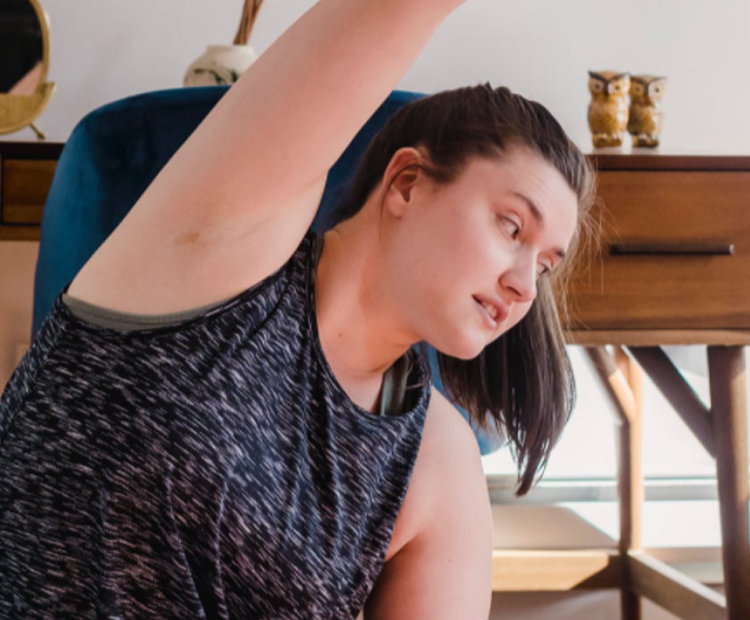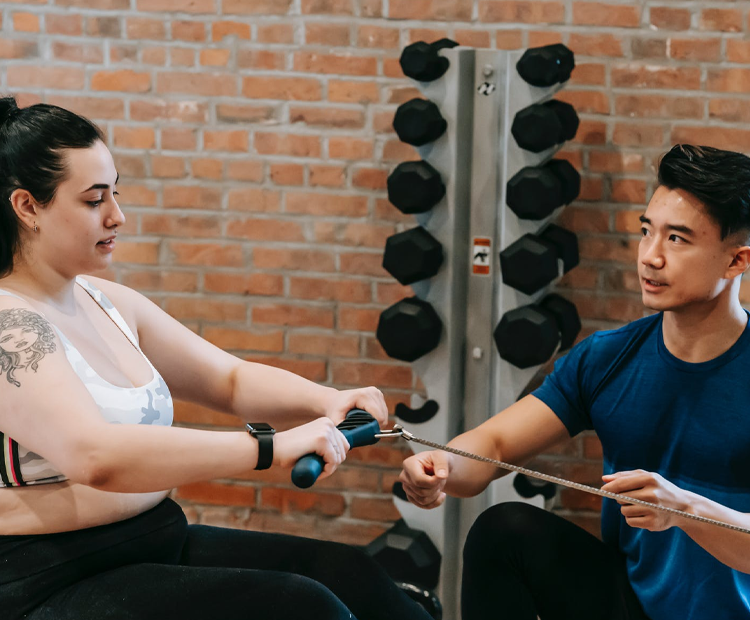What are the Benefits of Physical Activity?
Why be physically active? What are the benefits of physical activity?
Physical activity is one of the most important tools we have for our health. Being active can have several benefits:
- You’ll get stronger, bit by bit. Being active can make your muscles and your bones stronger, and improve your stamina.
- You’re less likely to get sick. Physical activity gives your immune system a huge boost, and can help your body fight off diseases.
- Your mental health and wellbeing may improve. Being active can have a hugely positive impact on your mental health, providing confidence and self-esteem boosts.
- If you live with a disability or long-term health condition, being physically active may be more of a challenge. But the overall benefits of physical activity remain the same. Being active can also help you manage your condition through increased strength and improved health.


150 minutes: The magic number
Public Health England recommends that the average adult in the UK should do 150 minutes of moderate physical activity per week to maintain a healthy lifestyle. To achieve this, you should aim for around 30 minutes of physical activity each day, though this can be split up into as many short bursts as you like.
Physical activity doesn’t need to be vigorous activity such as running if you don’t enjoy it – in fact, physical activity can mean anything from a walk, to a dance around the kitchen, to doing some gardening. In short, there’s a type of exercise that everyone can enjoy.
Not sure what you enjoy yet? Not a problem. We’ve got resources to help you find the perfect fit for you.
What type of exercise should I do?
Exercise can vary in intensity, and each different intensity will have different benefits for your body. Adults should aim for 150 minutes of moderate intensity physical activity a week or 75 minutes of vigorous intensity physical activity unless. You should not do vigorous activity with certain health conditions or if you are pregnant.
Moderate physical activity will raise your heart rate, and cause you to breathe faster and feel warmer.
With moderate physical activity you are usually still able to talk fairly normally. Examples could be brisk walking, a gentle bike ride or slowly pushing a lawnmower.

Vigorous physical activity makes you breathe harder and faster. Those doing vigorous physical activity will generally be unable to say more than a few words without pausing for breath.
Examples could be jogging or running, competitive sports, and also riding a bike quickly up a hill.
Very vigorous activity will make you very out of breath, and should be done in short bursts of maximum intensity. An example of this is a High Intensity Interval Training (or HIIT) workout.
If you can, aim for a mix of both moderate and vigorous intensity aerobic exercise each week. However, if you’re unable to do vigorous exercise, moderate intensity exercise is still excellent for your physical health. For more information, check our PA Guidelines page.
Physical Activity Guidelines: How much exercise should I do each week?
Whilst 150 minutes of physical activity a week is a good rule to live by, there are different physical activity guidelines for different ages and abilities. So, if you don’t feel like you can do 150 minutes just yet, try aiming for less to begin with and building up.
Check out our Physical Activity Guidelines page for more information, and you can also read the NHS Health page for more.





